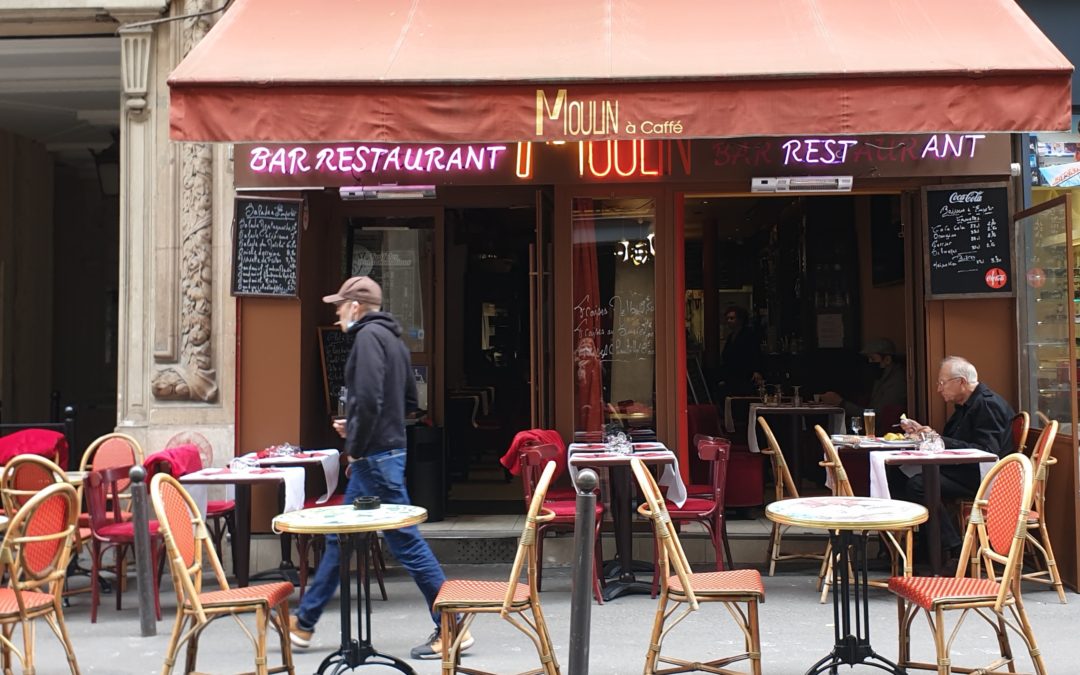By Anne Swardson
Not so long ago, rue de Caumartin throbbed with activity noon and night. Its narrow sidewalks in the heart of Paris were jammed with office workers and tourists at lunchtime and patrons of three nearby performance venues at night. Fully 15 restaurants in one block alone catered to them. You had to be careful not to get elbow-bumped into the busy one-way street, it was so difficult to pick your way through the crowded walkways.
The pandemic has put an end, possibly a permanent end, to all that. The office workers are toiling away at home – télétravail, it’s called in French – and international tourists are still forbidden to enter the country. The theaters, including the Olympia, where Edith Piaf gave her most famous concerts, are closed indefinitely. The restaurants, which were allowed to open for outdoor service on June 2, are still largely empty, and sad.
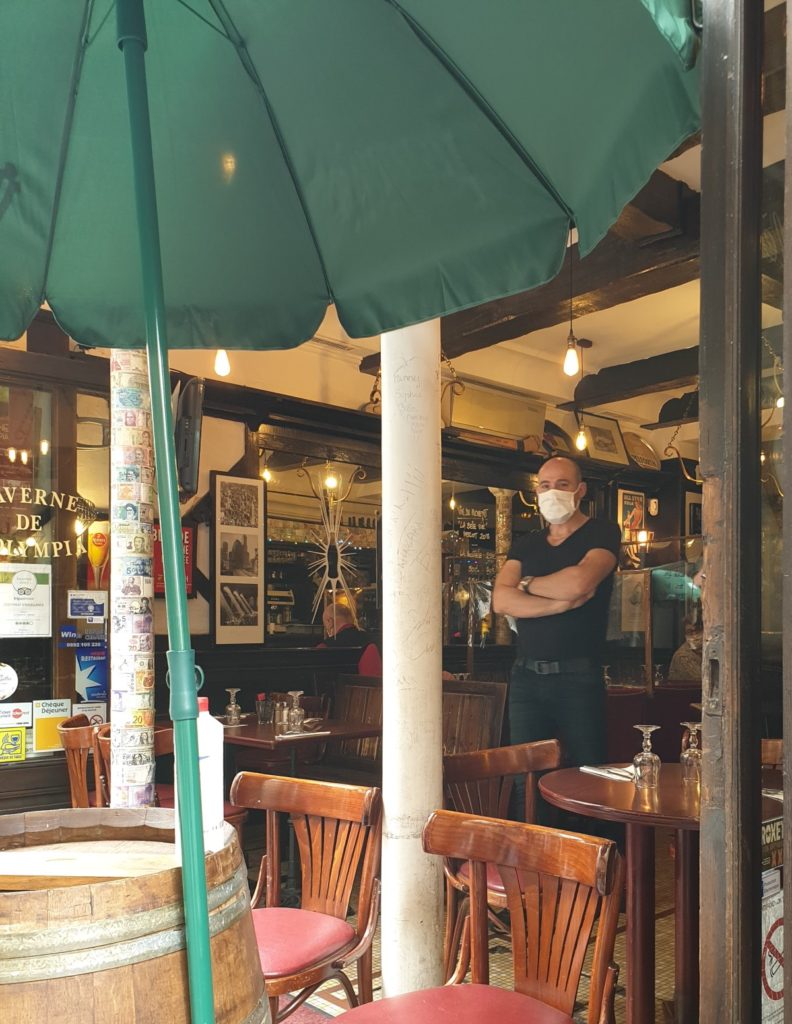
In a walk north along the street – officially opened in 1779 and once home to 28 mansions – I didn’t see a single outdoor setup that was even half-full of customers. And this was at 1pm, that magical hour when French people used to stream out of their offices at the same time for déjeuner.
This is after some of the restaurants built eating spaces right in the street. What they can’t seem to do is find people to sit and eat there. Everywhere I went I saw sad-eyed maître d’s in masks scanning the sidewalk for potential customers and idle waiters hanging around inside with little to do. It doesn’t help that the weather, bright and sunny during virtually the full two months of the lockdown, turned gray and drizzly shortly after it ended.
President Emmanuel Macron announced Sunday that restaurants can reopen their interiors as well. And European tourists can start coming to France. But Parisians are still being encouraged to work from home, and the American and Chinese tourists who made up a lot of business on the street won’t be allowed for some time.
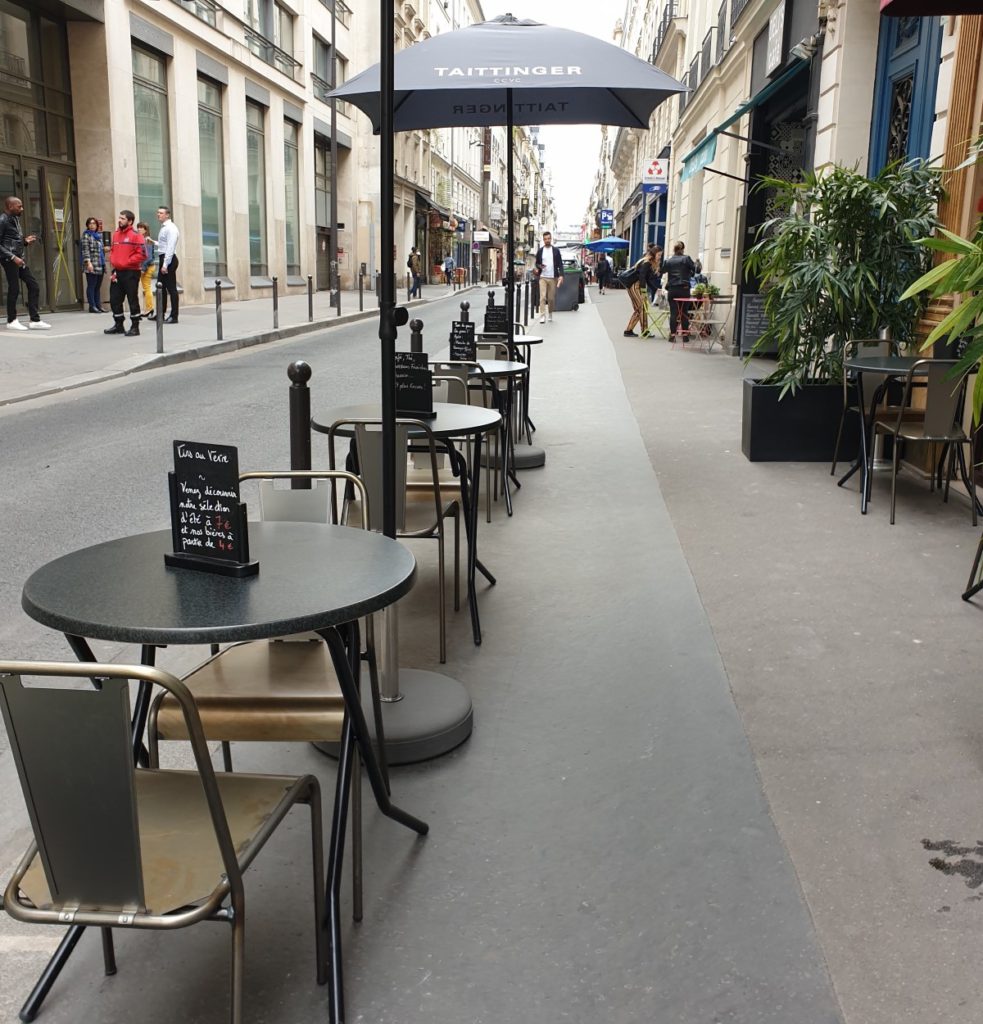
Some proprietors appear to have given up entirely, or perhaps they had to close for lack of funds.
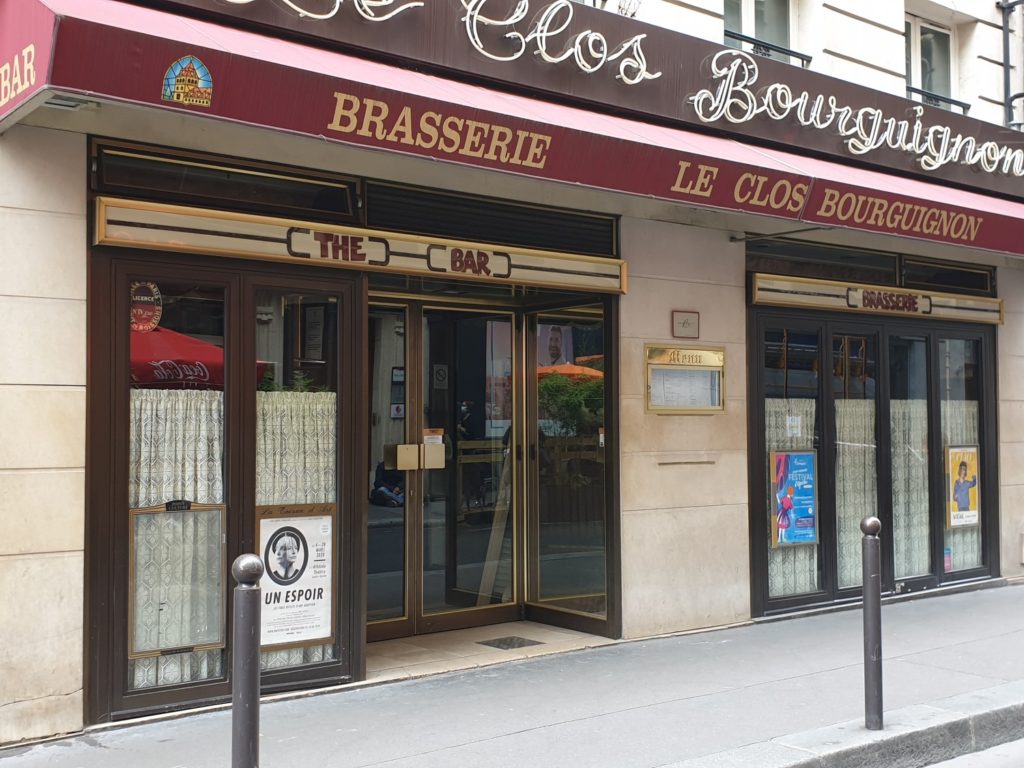
I’ve been coming to the rue de Caumartin for almost 17 years, since my then-employer moved the bureau nearby. I’ve had my shoes repaired, picked up my prescriptions, met friends for drinks and, of course, gone out to lunch there many times.
It was on the rue Caumartin that I met Corinne, whose story embodies much of what has gone wrong on the street. She and her mother own a restaurant there, and she runs the salon across the way where I get my nails done. She is heavily involved with the life of the local businesses and for a time was president of the neighborhood association.
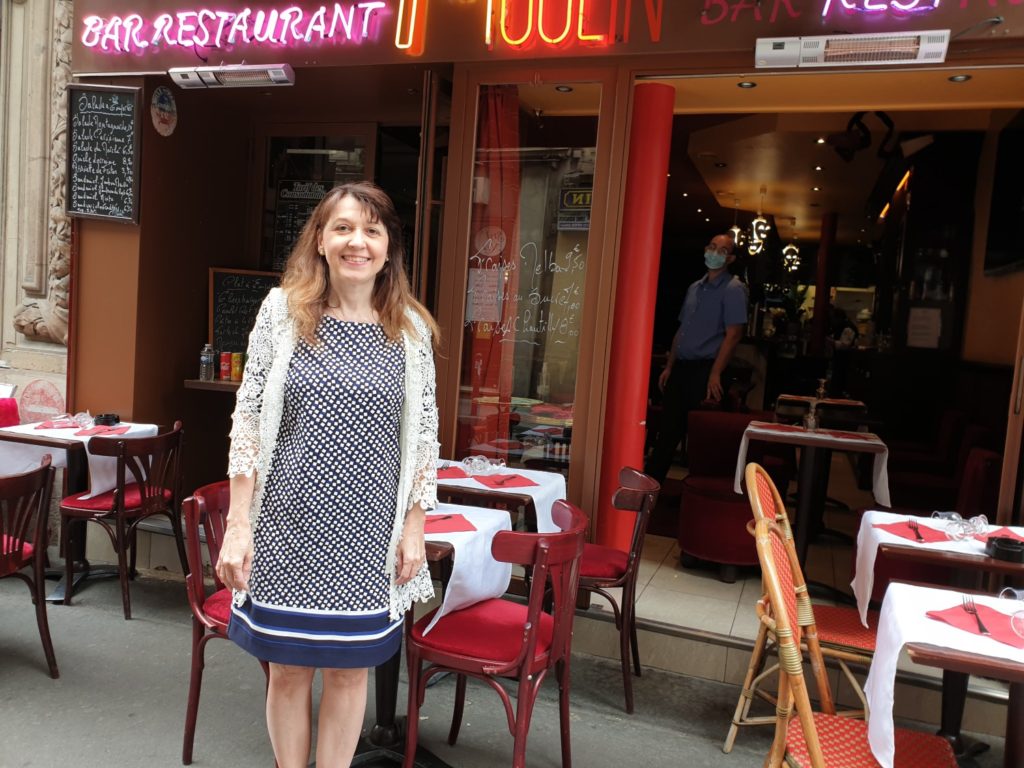
Like all the eating establishments in Paris, Corinne’s restaurant was closed entirely during the 56-day lockdown. When the government announced that outdoor table service could restart, she and her mother were ecstatic. But their hopes were soon dashed.
The restaurant has three floors of serving area and on a good day used to turn over 50 or so tables at lunch and then again as many at dinner. They could only offer about 10 tables outside, and they were rarely full.
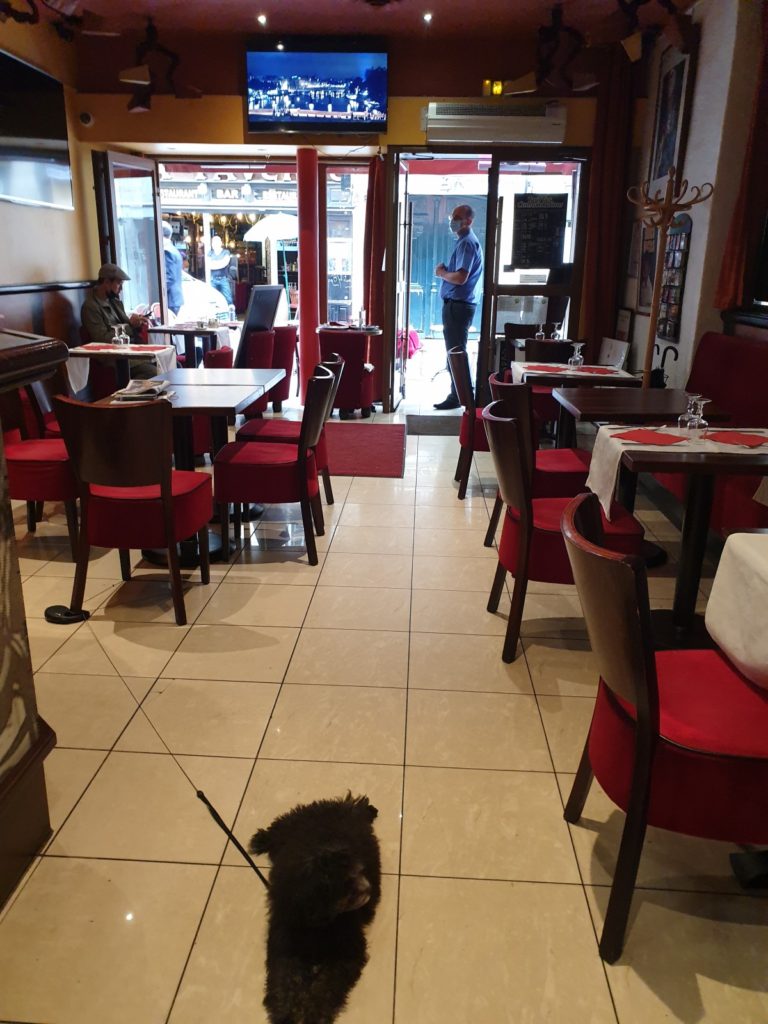
Government aid? The restaurant wasn’t allowed to receive it under any of the targeted programs because Corinne’s mother, as a retiree, is ineligible. Corinne did get some funds for the manicure shop — €600, or about $680.
Insurance? So far, the company is telling Corinne her policy doesn’t cover pandemics (whose does?) and, according to her, the government isn’t forcing insurers to pay on clauses covering involuntary closure.
“The government is throwing us to the wolves,” she said, noting that on the very day we were speaking the government proposed 8 billion euros of aid to such aviation giants as plane makers Airbus and Dassault.
Corinne practically grew up on the rue de Caumartin. When her two sons were tiny, she’d bring them to the restaurant and her father, now deceased, would care for them on the third floor of the restaurant. But she doubts many of the establishments now serving pizza or curry or crepes on the sidewalk will last much longer. Who will fill those seats?
